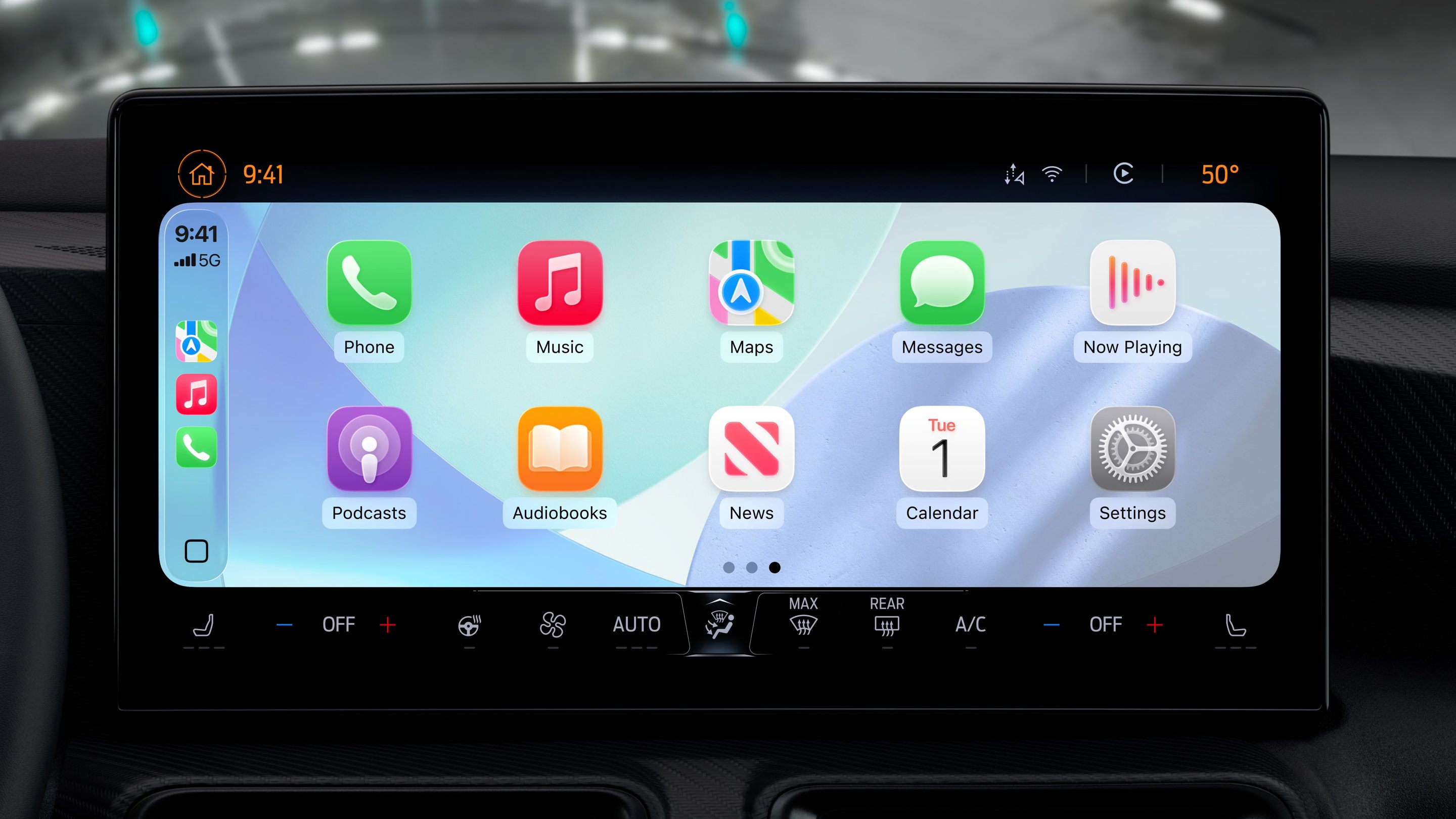There was, in the oldness of time, demand for Apple to open up its iMessage service a little. Then, out of the blue, over-zealous company Nothing justified Cupertino’s privacy and security arguments against doing so in mere hours — even as Apple announced plans to open up a little more.
Winner takes it all
What that hefty opening paragraph means is that:
Apple continues to face pressure from regulators who want it to open up its services, including iMessage, to interoperate with similar services provided by others.
Apple does not agree, and as expected is appealing against regulatory decisions to open up its services. The company, along with several big names in tech, filed appeals against the EU’s recently approved Digital Markets Act (DMA).
While the terms of the act demand the companies concerned follow its dictates, the appeals may yet force changes in the DMA restrictions.
When it comes to iMessage, Apple is arguing that its service is not a “gatekeeper” and that opening it up would undermine the privacy and security of users.
And in what could be a defensive move, the company has confirmed it will bow to pressure and open iMessage up to Google’s RCS messaging service starting in 2024.
A small Android-based hardware manufacturer called Nothing recently chose to roll out a hacked attempt to make iMessage interoperate on Android devices.
That hack turned out to be half-baked, as it was quickly found to undermine privacy and security. The most egregious error turned out to be that, despite claiming it supported end-to-end encryption, the service exposed user data in plain text. This was a huge, dangerous mistake.
Damage was done, however, as it appears tens of thousands of people had shared their Apple ID with the service, leaving their digital lives at risk.
The botched introduction provides a strong justification for Apple’s arguments concerning the need to protect user privacy and security, even against the tyranny of choice.
But choice is good, right? Not always.
To read this article in full, please click here
There was, in the oldness of time, demand for Apple to open up its iMessage service a little. Then, out of the blue, over-zealous company Nothing justified Cupertino’s privacy and security arguments against doing so in mere hours — even as Apple announced plans to open up a little more.Winner takes it all
What that hefty opening paragraph means is that:
Apple continues to face pressure from regulators who want it to open up its services, including iMessage, to interoperate with similar services provided by others.
Apple does not agree, and as expected is appealing against regulatory decisions to open up its services. The company, along with several big names in tech, filed appeals against the EU’s recently approved Digital Markets Act (DMA).
While the terms of the act demand the companies concerned follow its dictates, the appeals may yet force changes in the DMA restrictions.
When it comes to iMessage, Apple is arguing that its service is not a “gatekeeper” and that opening it up would undermine the privacy and security of users.
And in what could be a defensive move, the company has confirmed it will bow to pressure and open iMessage up to Google’s RCS messaging service starting in 2024.
A small Android-based hardware manufacturer called Nothing recently chose to roll out a hacked attempt to make iMessage interoperate on Android devices.
That hack turned out to be half-baked, as it was quickly found to undermine privacy and security. The most egregious error turned out to be that, despite claiming it supported end-to-end encryption, the service exposed user data in plain text. This was a huge, dangerous mistake.
Damage was done, however, as it appears tens of thousands of people had shared their Apple ID with the service, leaving their digital lives at risk.
The botched introduction provides a strong justification for Apple’s arguments concerning the need to protect user privacy and security, even against the tyranny of choice.
But choice is good, right? Not always.To read this article in full, please click here Read More Computerworld












+ There are no comments
Add yours